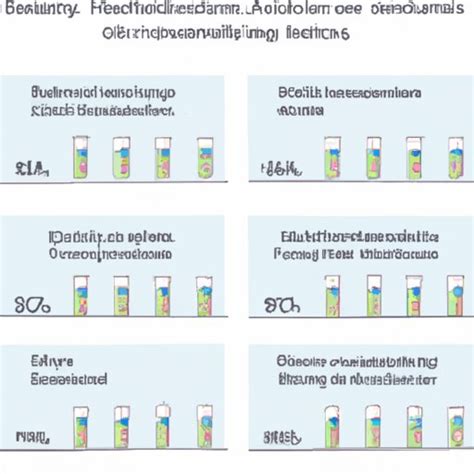How Long Does It Take for Antibiotics to Work?
Antibiotics are powerful medicines that fight bacterial infections. But how quickly they work and how long you need to take them can vary depending on several factors. Understanding this timeline is crucial for effective treatment and preventing antibiotic resistance.
Understanding the Timeline: It's Not Instant!
It's important to manage expectations. Antibiotics don't work overnight. You won't feel better immediately after taking the first dose. The time it takes to notice improvement depends on several factors:
- Type of infection: A simple urinary tract infection might respond faster than a severe pneumonia.
- Type of antibiotic: Different antibiotics have different mechanisms of action and effectiveness against various bacteria.
- Severity of the infection: More severe infections naturally take longer to clear up.
- Individual factors: Your overall health, immune system strength, and other medications you're taking can all influence the treatment timeline.
The Early Stages (Days 1-3):
During the initial days, you might not experience a dramatic shift in symptoms. You might still feel unwell, experience some pain, or have other infection-related symptoms. This is normal. The antibiotic is working to reduce the bacterial load, but it takes time for your body's immune system to fully clear the infection.
The Improvement Phase (Days 3-7):
As the bacterial count decreases, you should start noticing a gradual improvement in your symptoms. This could mean less pain, reduced fever, or improved energy levels. However, don't stop taking the antibiotics at this stage. Stopping early can lead to incomplete treatment and the potential for the bacteria to become resistant.
Full Recovery (7-14 days or longer):
Complete recovery often takes several days to two weeks, depending on the infection's severity. Even after feeling better, you must finish the entire course of antibiotics prescribed by your doctor. Skipping doses or stopping treatment prematurely can significantly hinder recovery and contribute to the development of antibiotic-resistant bacteria.
What if I Don't Feel Better?
If your symptoms worsen or don't improve after a few days of taking antibiotics, contact your doctor immediately. This could indicate:
- The wrong antibiotic: The prescribed antibiotic may not be effective against the specific bacteria causing your infection.
- A more serious infection: The infection may be more severe than initially thought.
- A secondary infection: You might have developed another infection.
Never self-diagnose or change your antibiotic regimen without consulting your doctor.
The Importance of Completing the Course
Finishing your antibiotic prescription is crucial for several reasons:
- Eradication of bacteria: Completing the course ensures that all bacteria are eliminated, preventing recurrence.
- Prevention of antibiotic resistance: Incomplete treatment allows surviving bacteria to become resistant to the antibiotic, making future infections harder to treat.
- Faster recovery: Completing the course helps ensure a faster and more complete recovery.
Key Takeaways:
- Patience is key: Antibiotics don't work instantly.
- Follow your doctor's instructions: Always complete the entire course of antibiotics as prescribed.
- Contact your doctor if symptoms worsen: Don't hesitate to seek medical attention if you don't see improvement or your condition deteriorates.
By understanding how long it takes for antibiotics to work and adhering to your doctor's instructions, you can contribute to effective treatment and help combat antibiotic resistance. Remember, your health is paramount; seeking professional medical guidance is essential for optimal care.
